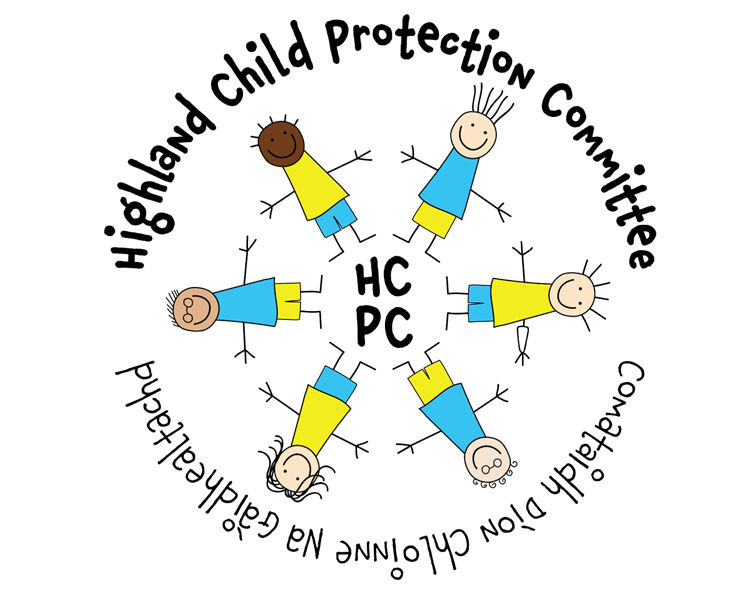Alcohol and drug partnership

Problematic alcohol and/or drug use is often a long-term, hidden problem, and can lead to sustained issues of child neglect or abuse. Collaborative practice across child and adult services should encompass planning with services, such as adult social care and housing. This will increase the ability of services to identify children at risk from parental alcohol and drug use and ensure that adequate and early plans are in place to support them. In early 2009, the Scottish Government, in partnership with COSLA, published A New Framework for Local Partnerships on Alcohol and Drugs. This was updated in 2019. 'Rights, respect and recovery' (Scottish Government 2018) is the national strategy to improve health by preventing and reducing alcohol and drug use, harm and related deaths.
Alcohol and Drug Partnerships and Child Protection Committees should develop local protocols to support relevant, proportionate and necessary information sharing between drug and alcohol services and children and families services. Protocols should define standard terms and processes within assessment, co‑ordinated planning, and response to risk of harm to a child, including response to concerns during pregnancy. Specialist, Third Sector and adult support services must all be aware of the potential risks and needs of children affected. Accountability for implementation, monitoring and progression of partnership protocols should be clear.
Multi-agency child protection training should be a standard part of the planning, commissioning and delivery of adult drug and alcohol services.